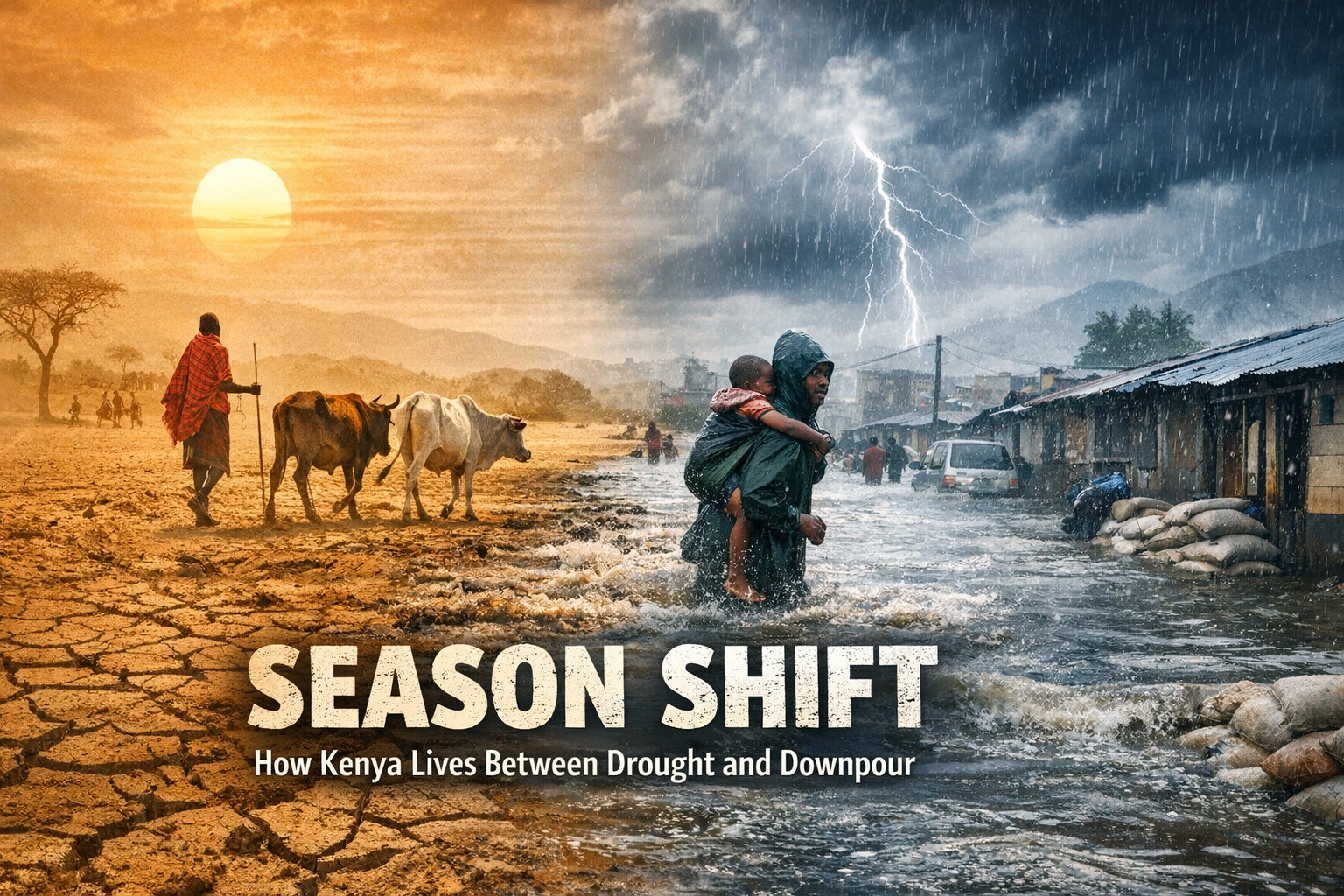- Nitrogen, the most abundant element in the atmosphere, constitutes 78 percent of air. However, it exists primarily in an unusable form and must be chemically bonded with other elements to be effective.
- Unfortunately, a significant amount of this nitrogen is lost to the environment, leading to pollution in water, air, and soil—all vital carbon sinks.
In the ongoing battle against climate change, addressing excessive chemical emissions is crucial for protecting the environment and all living organisms. While reducing carbon emissions is a vital strategy for reversing climate change effects, the focus must also turn to nitrogen levels, which require equal attention.
Nitrous oxide has emerged as a leading ozone-depleting substance resulting from human activities. This potent greenhouse gas is generated by coal power plants, industrial emissions, and vehicle exhaust, and is 300 times more powerful than carbon dioxide.
At elevated concentrations, nitrous oxide contributes to smog and the formation of ground-level ozone, further exacerbating air quality issues.
Nitrogen, the most abundant element in the atmosphere, constitutes 78 percent of air. However, it exists primarily in an unusable form and must be chemically bonded with other elements to be effective. Unfortunately, a significant amount of this nitrogen is lost to the environment, leading to pollution in water, air, and soil—all vital carbon sinks.
Excessive nitrogen in terrestrial ecosystems can disrupt ecological balance, allowing nitrogen-tolerant species to thrive at the expense of more sensitive wild plants, fungi, and aquatic organisms. This imbalance can result in unintended fertilization of trees and grasslands, impacting growth rates and nutrient distribution, ultimately harming ecosystems and biodiversity.
Read More
In marine environments, nitrogen pollution leads to harmful algal blooms and increasingly frequent oceanic dead zones. These phenomena pose serious threats to marine life, fisheries, and coastal communities.
To effectively combat climate change, it is essential to address nitrogen pollution with the same rigor as carbon emissions. This can lead to healthier ecosystems and a more sustainable future for the planet.







